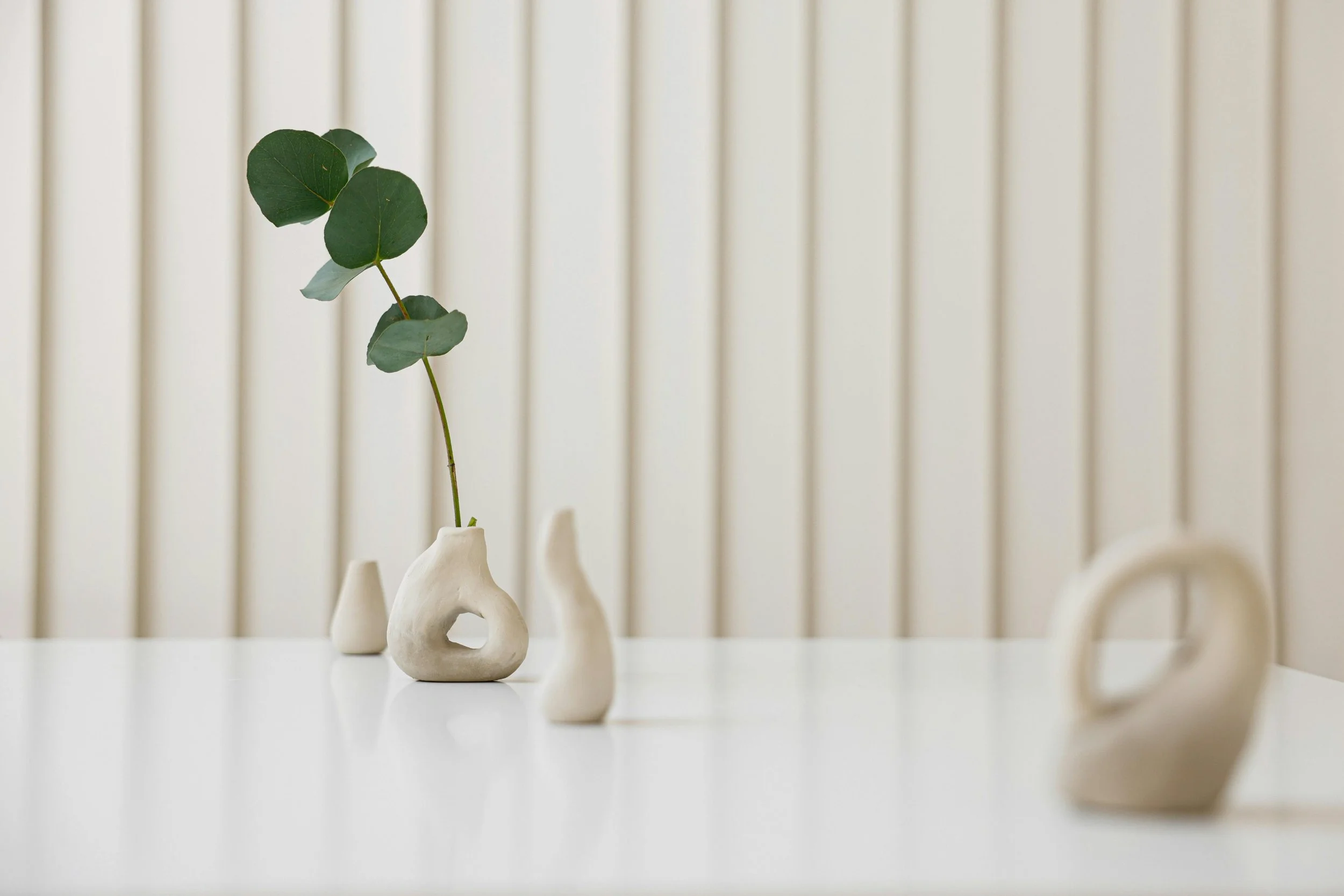In Charlotte + Online Across NC & SC
Self-Esteem & Identity Therapy for Grieving Women
Grief doesn’t ask for permission—it rewrites the story of who you think you are & shatters the world you thought you knew.

Losing your loved one was enough as is—to no longer recognize yourself, is taking things over the edge.
Life after loss feels like existing in a snow globe—frozen in an unchosen scene, jolted without warning, and lost in a chaotic swirl of moving pieces that used to be your life. If by some chance you’re able to find a way to settle in this place, it’s only for a moment before grief shakes things up again.
While others may look in and think they can understand, they really have no idea what this is like for you. This place is scary, overwhelming, and isolating.
If you had the language to express it, you might tell them…
-
When you attempt them, especially those that existed before, they just feel wrong, empty, and ineffective.
-
Red-rimmed eyes, forgetting things left and right, breaking down at a moment’s notice, feeling out of control.
-
“What’s the point of this?”
“Why did this have to happen?”
“How am I supposed to go on?”
“Nothing matters anymore”
-
Sleep, a challenge. Talking to others, a challenge. Making it through the day, a challenge. Caring about anything aside from your loss, a challenge.
-
People ask you questions you can’t answer (“what do you need?”), everything you try seems futile, and you’re constantly second guessing yourself.
-
Making choices about the big things (funeral arrangements, finances) to the little things (what to eat, to get dressed or not, return that text) has your tank on E. Yet the gas stations in your world seem to have been shut down.
In the midst of this loss, turning the focus to yourself may feel like turning your back on your loved one.
But the truth is, when your loved one died, it reshaped you. Right now it may feel impossible to imagine a version of yourself that’s whole again, self-assured, or worthy of still being here.
You may feel lost in the dark, but your essence still shines within you. Let’s uncover the path that reconnects you—to yourself, others, & your life again.
You might not believe yet, but I do—you can do this.
Gain clarity in your mind, feel grounded in your body, & come home to yourself within your heart & soul.
A piece of our work together will be helping you to find the language for the ways grief has reshaped how you see yourself (your identity) and what you believe about your value, worth, and purpose (your self-esteem).
Although presented here in what may look like steps 1, 2, and 3…this is not linear. We will move in and out of these many times.
Navigating the parts of your grief is like moving on a spiral staircase—each time we come back around, we will go a little further, a little deeper.
-
“Who am I without my loved one?”
“What do I like to do? What don’t I like anymore?”
“What’s my purpose here?”
“Without my loved one, who will…mow the grass, pay the bills, host family dinners, etc.?”
“Am I going to change from this? And if so how? When does it go away?”
“How am I supposed to deal with all of these unwelcome changes?”
-
Noticing & naming
Self-compassion practices
Creating tolerance for discomfort while honoring seeking comfort when needed (very hard to feel comfort, especially in early grief—this is normal)
Using art, writing, or other creative outlets to fill in the gaps that talking about these changes cannot fill or convey
Feelings about what you notice—yup! When we run into something that’s shitty, you get to feel it—be angry, frustrated, enraged even—there’s permission for this too
-
Balancing the energy & time spent between grieving your loss & restoring your world
Adjusting to your new roles & responsibilities created by your loss
Feeling like you can surive your grief
Holding onto yourself and grieving at the same time (not one or the other)
Greater sense of flexibility, confidence, & clarity within yourself
Becoming acquainted with the new parts of yourself discovered through your grief journey & grieving those parts of you that may no longer be
With your participation, you can discover choices about how you hold your grief in your life.
WE’LL LEARN HOW TO CARRY YOUR GRIEF FORWARD, TOGETHER
If there’s any beauty here, it’s knowing that you don’t have to do this alone. I will be with you every step of the way.
I have had the honor of walking these paths with so many amazing, courageous women who also met me when they were in a place of struggle, self doubt, and utter overwhelm from their grief. They didn’t know what would happen and, to be honest, neither did I.
What I held for them, and will also hold for you, is unwavering hope & trust in your ability to get through this.
Knowing the exact path, isn’t my job. What is my job: to be here as a witness, companion, and source of encouragement anchored in hope. This way, you have someone steady beside you as you move through your grief.
Others have stood where you are: unsure, afraid, and lost. They took a risk in seeking support and became willing to step forward without a map. As they walked through their grief, the path revealed itself. They discovered how to reconnect—to themselves, their loved one, others, and their life again.
This is possible for you too. I believe it.
Self-Esteem & Identity Therapy can support you to…
Discover what it means & looks like to reconnect—with yourself, others, your loved one, & your life again
Identify the parts of you that have changed, drifted, or emerged following your loss
Gain confidence in yourself & your abilities again
Learn to trust yourself, even here
Practice self-compassion, grace, & permission when & where you need it
Reconnect with a sense of purpose & direction in your life

Even after significant loss, you can find yourself again.
Rediscover your center & reconnect to your wholeness.
Frequently Asked Questions about Self-Esteem & Identity Therapy for Grieving Women:
-
Yes! This is very normal in grief. A part of our identity is rooted in our relationships with other people. When a loved one dies, it can shatter how we see ourselves, shift our roles and responsibilities, and completely alter our relationships with others. When they died, parts of you may have also been lost. Oftentimes, this is an unexpected part of grief. You may have anticipated grieving them but not parts of you…
Therapy can be a place to begin to name what has changed about you on the inside (feelings, how you see yourself, confidence) and possible the outside (relationships with others, roles, responsibilities, needs from others). This is very overwhelming so therapy can be an outlet to learn how to navigate all of these changes and begin to get familiar with this new version of you that you didn’t ask for. You don’t have to keep navigating this alone. Support is here. Reach out for a consultation if you feel you can relate.
-
Here are some examples. You may find you…
Question yourself a lot these days - what you feel, think, choose to do
Don’t know who you are without your loved one reminding you of your good traits, quirks, or endearing qualities
Can hear your loved one in your mind, but their comments were hurtful, so you feel bad about yourself when you think of them
Feel isolated from others and uncertain of where you belong now
Aren’t sure how to experience value, worth, and purpose in your life after your loss
Therapy can be a space where we can put some words to these changes and help you to believe in yourself again or, perhaps, believe in yourself for the first time.
-
Oof! Great question. Guilt is a major player in most people’s grief journey. It can be very, very hard to allow yourself to focus on you when all you want to do is focus on your loved one. It’s normal if you’re feeling like you’re turning your back on them or doing something wrong. That is the very intention of guilt—to let you know when something feels wrong.
My response to this is, to let it be there. Expecting it to feel “right” or “good” probably isn’t realistic here. Especially not at first. We can’t pick and choose what we feel—we can find other ways to interact with those feelings. Sometimes it’s not about “either/or” it’s a “both/and”. You can feel guilty and slowly begin to turn some attention towards yourself. Let’s give it a try, together.
-
I totally get it. This is a part of what makes loss so hard—it’s change you didn’t ask for that you’re trying to learn to live with. It’s quite a bind in that way. The push, pull is real. And it’s allowed. Acceptance isn’t something that can be forced. You have to grieve something before you can truly accept it.
I invite you to listen to your instincts. If you’re not ready to accept these changes, you don’t have to right now. There’s isn’t a timeline here and trying to push yourself to be somewhere you’re not, sometimes creates more harm than help. As much as you may not want it to be, this is gradual, slow, and, most of all, in your own timing. Rather than force, let’s follow.
More questions? Check out my FAQ page.
grieve, reconnect, & learn to live again
—
grieve, reconnect, & learn to live again —




